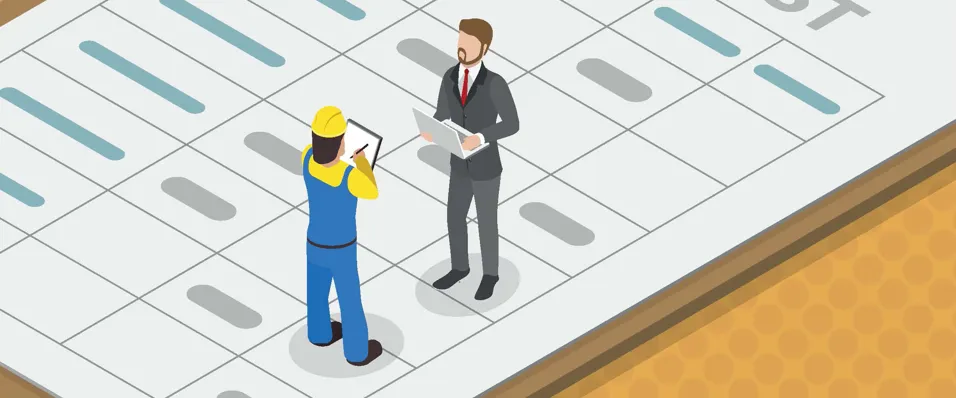
Why cash is king in construction
The construction industry is a volatile one and everyone knows cash is king…or do they?
All too often, I come across construction business owners obsessed with their turnover and I find myself repeating the old adage, ‘turnover is vanity, profit is sanity, cash is king.’
But why is cash king?
Have you found yourself in the middle of a complex supply chain? Have you paid out on materials and labour costs and are yet to receive your initial deposit or valuation payment? When you are suffering from negative cash flow, situations like the above can take down even the most profitable of construction businesses and this is why cash flow is so important.
Understanding cash flow, dealing with the pinch points and planning for future projects are common challenges faced by construction businesses, so consider the following strategies:
Forecast Earnings
Managing finances isn't everyone’s cup of tea but forecasting earnings is a key aspect of operating a successful business. The ability to anticipate overall income and cash outflows over a given period of time provides business owners with comprehensive knowledge and transparency of what’s going on.
You can identify where you may experience negative cash flows and whether you have sufficient cash resources to cover this or whether alternative finance is required to bridge the gap. Failing to recognise these pinch points can cost the business more than you realise.
You can also plan for worst and best-case scenarios such as a client not paying on time or you needing more resources than anticipated. A cash flow forecast will help understand the impact of such events on the overall cash flow of the business and the possible outcome.
Technology has advanced considerably in the past decade so don’t panic, you will not need to spend every night analysing an excel spreadsheet. There are now cloud-based products available that can link to your accounts system – streamlining the whole process.
Schedule Planning
There are a number of key ‘forward-looking’ steps that you need to take in order to be successful in construction – going into a job blind is a big NO. There are various risks a new project can bring, especially with a new client. Firstly, assessing the client’s credit rating and ensuring you are comfortable with it is crucial.
Secondly, planning out the costs and billing deadlines to gain an understanding of project cash flow is good practice. To help you with this; ask questions such as:
- What milestones need to be completed and by when to meet billing deadlines?
- Can the costs be spread out or do you need to consider finance?
- What are the client’s payments terms and are they known to pay on time?
Once these questions have been answered, the project manager(s) must have an understanding of expectation. If certain targets aren’t met then billing could be delayed, causing further negative cash flows.
Efficient Operations
Assuming there’s enough cash and knowing there’s enough cash are two very different things. Running efficient systems and operations can help circumvent those easily avoidable problems such as making last-minute payments, payroll errors, submitting progress valuations late and chasing slow-paying clients. Investing in good infrastructure for your business will set the foundations for future growth.
Technology plays a vital part in operating efficiently. As mentioned previously, there are cloud-based products available that can help you automate your finances, understand your profit margins, use on your mobile, automatically chase your clients for payment and so on. Platforms such as Xero and QuickBooks cost less than your weekly bacon roll and coffee and will probably be much better for your waistline!
Impact of New Legislation and Taxes
When it comes to taxes, construction is an industry that has its complications. From CIS to VAT it can be a minefield and keeping up to date is crucial. The introduction of Making Tax Digital begins in April 2019. This new government initiative is another admin burden on small businesses and will require all businesses (eventually) to set up a digital tax account and file quarterly returns online. Whilst many business owners will sigh at the thought of this, there is a positive that you will have a greater understanding of your tax liabilities sooner rather than later.
Cash will always be king in this industry. The above strategies should help any construction business meet the cash flow challenges head-on. With a solid grasp of job progress and cash flow, you can keep projects moving forward with confidence.
If you would like to discuss your own specific circumstances, please contact our construction specialist, Adam Fernandes on 01462 687333 or email a.fernandes@uhy-uk.com.
